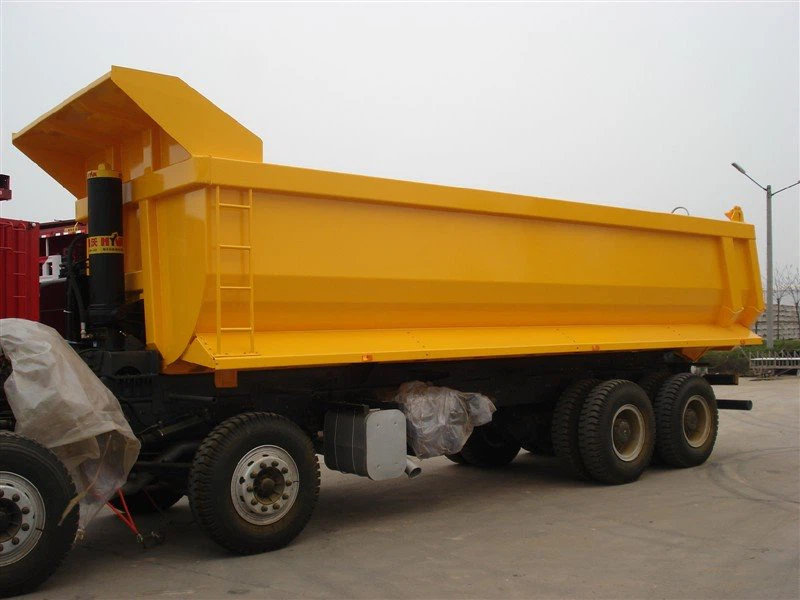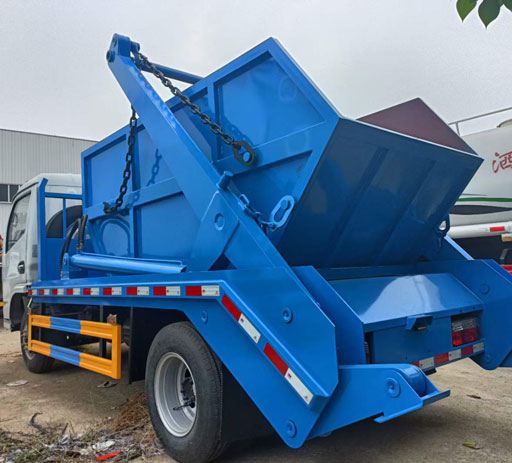Waste Dumpsters for Sale: Your Ultimate Guide to Choosing the Right One

Introduction
Waste management is an essential aspect of both residential and commercial environments. Whether you’re renovating your home, managing a construction site, or conducting a large event, having the right waste dumpster can make a significant difference. This comprehensive guide will explore the various options available for waste dumpsters for sale, their benefits, and tips to help you make an informed decision. With the right knowledge, finding the perfect dumpster for your needs can be a straightforward process.
Types of Waste Dumpsters
When looking for waste dumpsters for sale, it’s essential to understand the different types available. Each type serves a specific purpose and can accommodate various waste types.
1. Roll-Off Dumpsters
Roll-off dumpsters are the most commonly used for construction sites, renovations, and large clean-up projects. They are designed to be transported on a truck and can easily be rolled off at the desired location.
Benefits of Roll-Off Dumpsters
- Large capacity, typically ranging from 10 to 40 yards.
- Convenient for long-term projects.
- Easy to load and unload.
2. Front Load Dumpsters

Front load dumpsters are ideal for commercial waste management and are often used in restaurants, retail spaces, and apartment complexes. These dumpsters have smaller capacity sizes and are emptied by a front-loading truck.
Benefits of Front Load Dumpsters
- Space-efficient for regular waste disposal.
- Available in sizes ranging from 2 to 8 yards.
- Easy access for frequent pickups.
3. Dumpster Bags

Dumpster bags are a flexible alternative for smaller projects, such as home cleanouts or landscaping. They can be placed in driveways and then picked up on request.
Benefits of Dumpster Bags
- Portable and easy to store when not in use.
- Cost-effective for smaller amounts of waste.
- Available in various sizes up to 3 cubic yards.
How to Choose the Right Waste Dumpster
Selecting the right waste dumpster involves several crucial considerations. Here are practical tips to guide you through the process.
1. Assess Your Waste Type
Different types of waste require specific handling and disposal methods. Consider the following categories:
- General waste (household and commercial)
- Construction debris (wood, metals, concrete)
- Yard waste (branches, leaves, grass clippings)
- Hazardous waste (chemicals, batteries)
2. Determine the Size You Need
The size of the dumpster will depend on the amount of waste you’ll generate. Here’s a quick breakdown:
| Size (Cubic Yards) | Typical Use | Capacity (Approx.) |
|---|---|---|
| 10 | Small renovation or cleanout | 3 pickup truck loads |
| 20 | Larger construction projects | 6 pickup truck loads |
| 30 | Major construction or estate cleanout | 9 pickup truck loads |
| 40 | Large scale commercial projects | 12 pickup truck loads |
3. Consider Your Location
Your location will also impact the choice of dumpster. Make sure to check:
- Local regulations on dumpster placement
- Proximity to loading areas for ease of access
- Potential permit requirements, especially for public areas
4. Evaluate Rental Costs
The cost of renting a dumpster varies based on size, type, and rental duration. Here are key factors to consider:
- Base rental fee
- Weight allowance and overage fees
- Delivery and pickup charges
Where to Buy Waste Dumpsters
There are several places to find waste dumpsters for sale. Options range from local suppliers to online marketplaces.
1. Local Waste Management Companies
Many cities have waste management companies that sell or rent out dumpsters. Reaching out to local providers can yield competitive prices.
2. Construction Equipment Suppliers
These businesses often have a selection of waste dumpsters tailored for contractors and builders. They can provide advice based on your specific project.
3. Online Marketplaces
Websites like eBay, Craigslist, or specialized construction marketplaces can offer both new and used dumpsters for sale. Always check for reviews and seller credibility.
Best Tips for Using a Waste Dumpster
To maximize the utility of your waste dumpster, follow these essential tips:
1. Proper Loading
To utilize space effectively, load the dumpster strategically:
- Place heavier items at the bottom.
- Fill voids with lighter debris.
- Avoid overloading, as it can lead to extra charges or safety issues.
2. Know What Not to Toss
Certain materials are prohibited in most dumpsters. Examples include:
- Hazardous waste (chemicals, asbestos)
- Electronics (computers, TVs)
- Appliances (fridges, freezers)
3. Schedule timely pickups
If you have a long-term project, ensure that your pickup schedules are clear to prevent overflow.
Case Studies: Successful Waste Management Projects
Understanding real-life adaptations can provide insights into the effective use of waste dumpsters.
1. Home Renovation Project
A couple renovating their home opted for a 20-yard roll-off dumpster. They loaded it with demolition debris and renovation waste. By having it on-site for three weeks, they saved money and managed their waste effectively.
2. Construction Site Cleanup
A commercial contractor used multiple 30-yard roll-off dumpsters to manage waste on a large building project. By strategically placing them around the site and scheduling weekly pickups, they maintained a clean working environment.
Environmental Impact of Waste Dumpsters
Proper waste management using dumpsters contributes positively to the environment. Here are some key points:
1. Recycling Opportunities
Many companies ensure that recyclable materials are separated and processed appropriately, reducing landfill waste.
2. Reduced Pollution
Effective waste management prevents harmful materials from entering the environment, contributing to cleaner air and water.
FAQs About Waste Dumpsters for Sale

1. How much do waste dumpsters cost?
The price of a waste dumpster can vary widely based on size, type, and the rental period. Typically, you can expect costs to range from $150 to $800.
2. How do I know what size dumpster I need?
Consider the amount and type of waste you expect to generate. Utilizing a size chart or consulting with a supplier can aid in making the right choice.
3. Can I put anything in a dumpster?
No, there are restrictions on hazardous materials, electronics, and certain types of appliances. Always check with your rental company for guidelines.
4. Do I need a permit for a dumpster?
Permits may be required depending on your location and where the dumpster will be placed. It’s essential to check with local regulations.
5. How long can I keep a dumpster?
The rental period can vary from a few days to several weeks. Discuss with the supplier for specific terms related to your project.
6. What happens if I exceed the weight limit?
Exceeding the dumpster’s weight limit can lead to extra fees. It’s advised to know the weight capacity and load accordingly.
